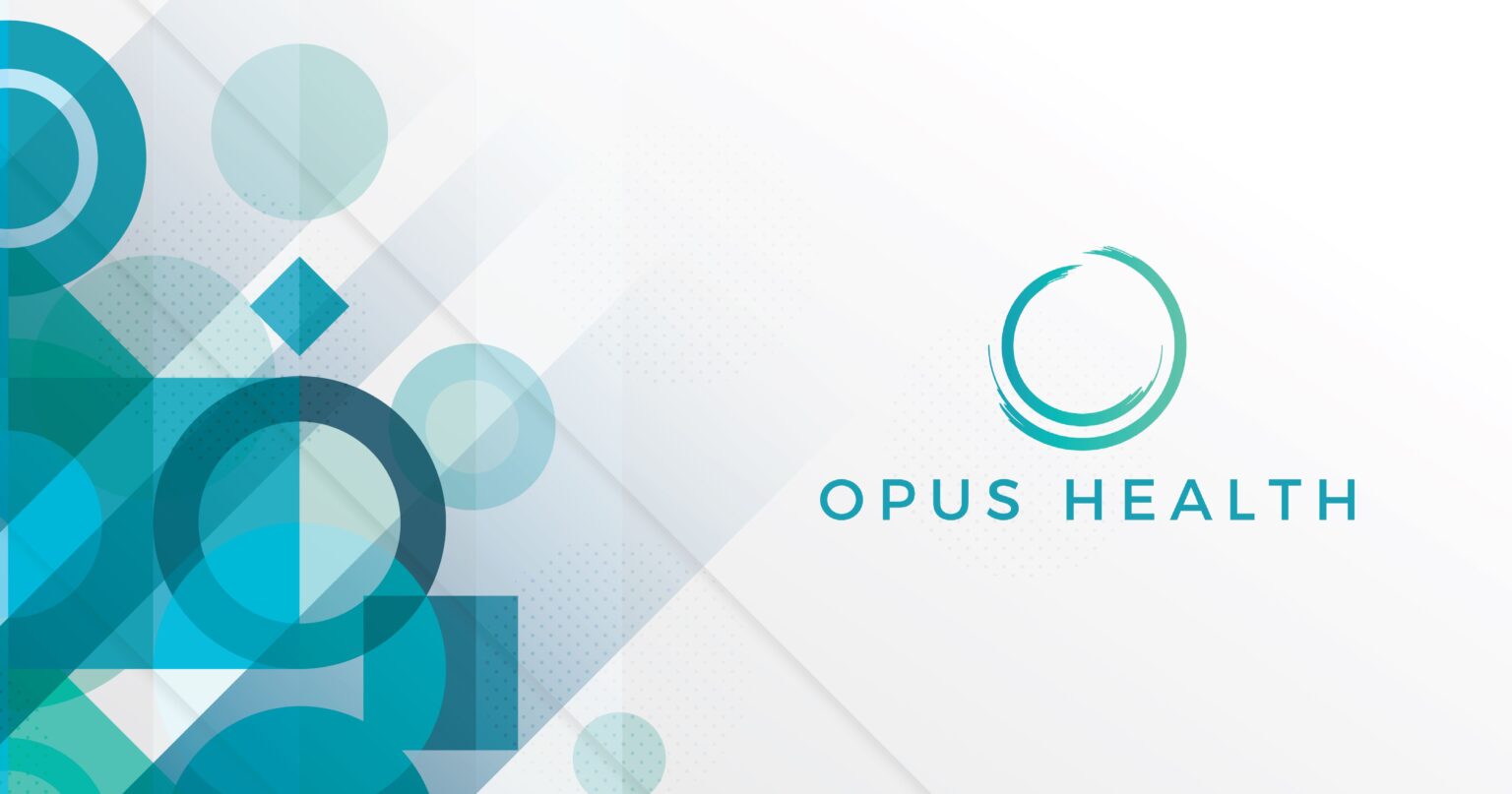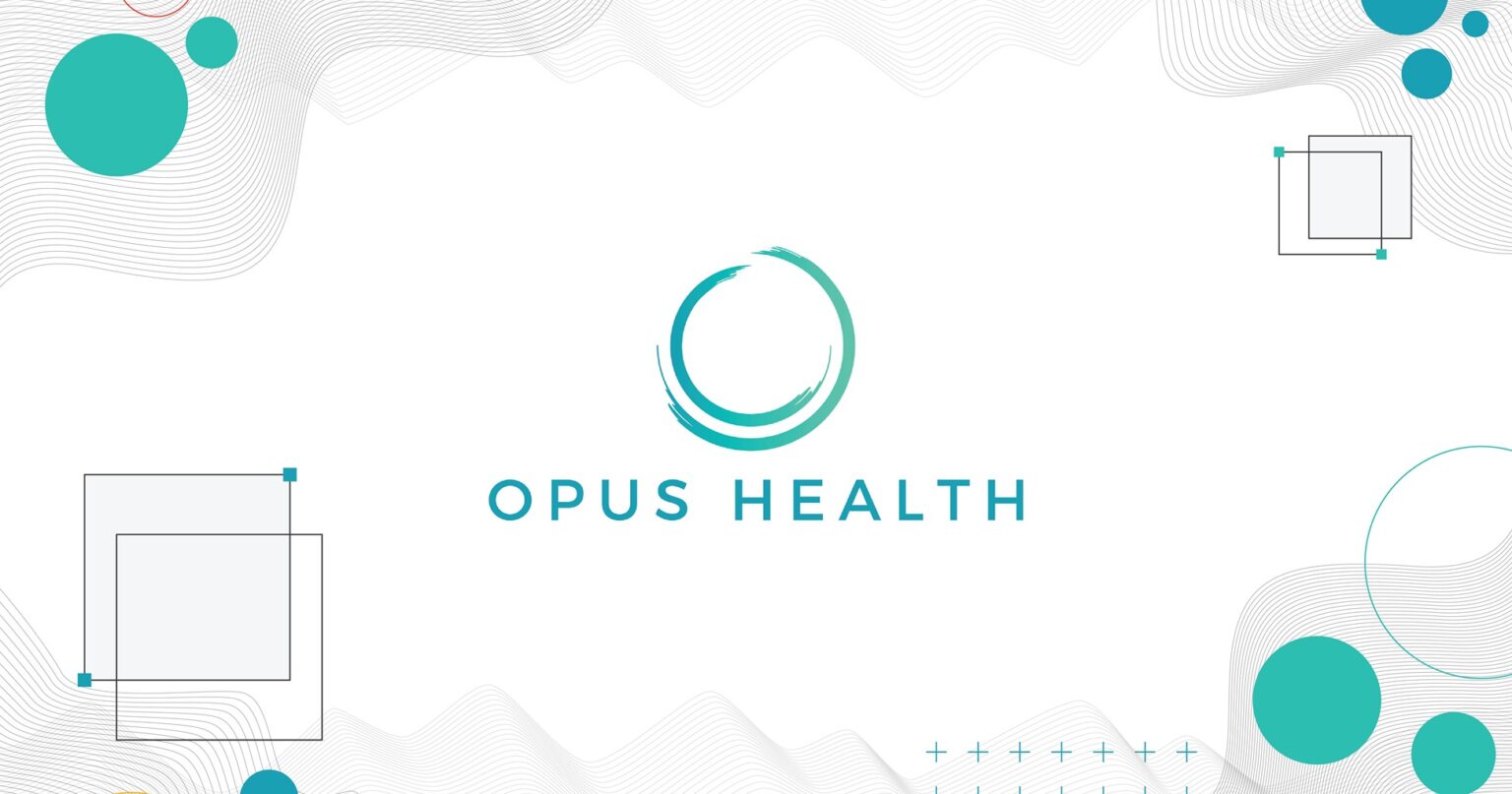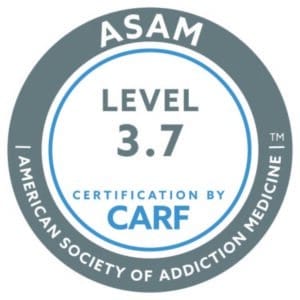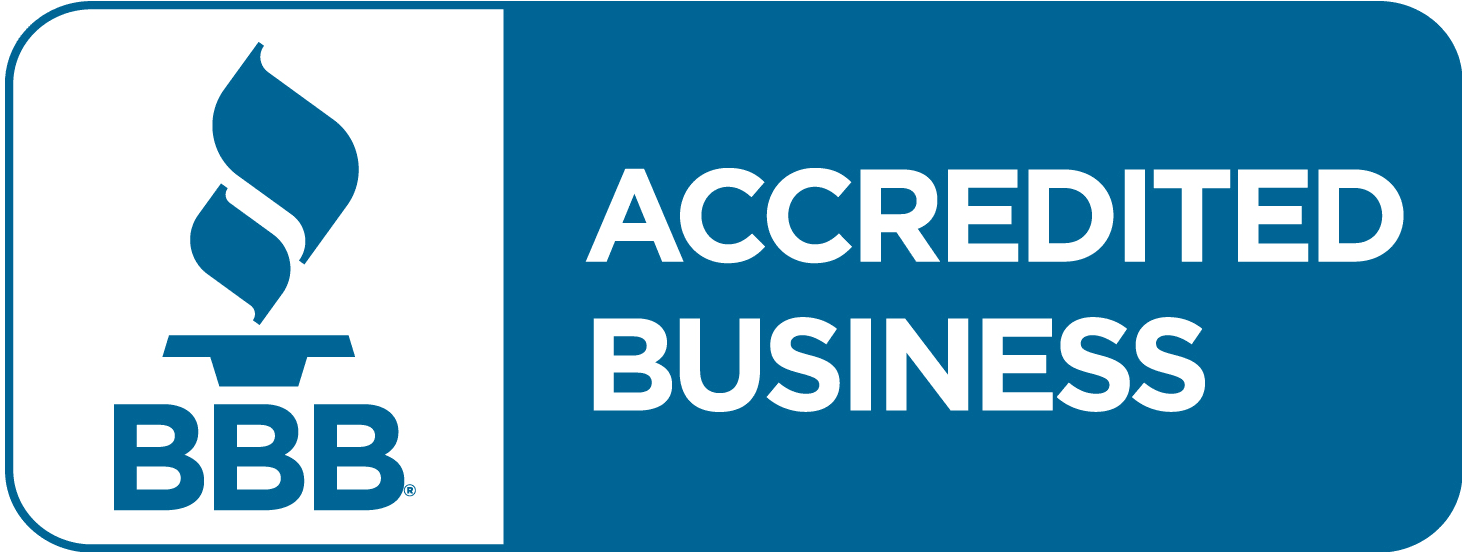Opiate withdrawal symptoms can be very difficult to handle, and can be quite debilitating for the individual. While the withdrawal process from heroin and benzodiazepines can be reversed with long-term treatment, the immediate symptoms of opiate withdrawal can be very distressing. For this reason, it is important to undergo opiate detox at a medical facility.
After a patient undergoes a heroin detox, he or she will have to undergo various tests to determine the cause of their addiction. During the withdrawal process, the person will be able to detect his or her addiction and get treatment. He or she will have to go through a medically monitored detox to ensure that they are safe.
In addition to narcotic painkillers, the doctor may prescribe other medications to relieve the symptoms of withdrawal. These medications may include antidepressants and benzodiazepine detox medications. The patient will also be given antidepressant medicines as needed. During the opiate-detox, the patient will be evaluated for mental illnesses and will receive the necessary treatment.
After completing opiate detox, patients must transition into further treatment. A residential rehab center can help people understand their addiction and how to avoid triggers. The treatment process is crucial, as it helps the person build sober living skills and relapse prevention strategies. If an opiate detox is necessary, it will take several days. After the patient has finished the withdrawal period, the patient can progress to a residential rehab.
There are many benefits to undergoing an opiate detox program. Withdrawal symptoms can range from increased blood pressure to rebound anxiety and hallucinations. While the process can be highly unpleasant, doctors can prescribe antidepressant drugs that can help patients cope with the withdrawal symptoms and reduce the risk of a relapse. While the process can be uncomfortable and stressful, there is no reason to stay in this dangerous cycle.
After a thorough examination, a doctor can prescribe non-narcotic painkillers to relieve symptoms. However, if the addiction is severe, or if the withdrawal symptoms are severe, medications may be prescribed. These medications may include prescription and over-the-counter anti-anxiety medication and even sleep aids. Opiate detox is one of the most difficult parts of addiction recovery because of its high risk of relapse.
Opiate detox entails the removal of the harmful substances from the body. The withdrawal symptoms may last from three to seven days, and can be debilitating and life-threatening. While the process itself is difficult, the treatment itself is crucial. Once the body is cleansed of opiates, it is best to start an addiction treatment program. This will ensure the recovery from addiction and help you achieve the lifestyle you’ve always dreamed of.
The detox process can also be dangerous, but it is important to follow a doctor’s instructions closely. If you have an addiction to opiates, it’s vital to get help from a medically qualified addiction specialist as soon as possible. Inpatient rehab can help you learn the root cause of your addiction and make the withdrawal process safer. They can offer a variety of therapies, including 12-step programs and cognitive behavioral therapy.
When the opiate-detox process is complete, the individual will undergo a series of mental health assessments. During the detoxification process, the person will be screened for mental disorders such as depression and anxiety. If these conditions are present, antidepressant medication will be given to the patient. In addition to medications, a medical professional will administer non-narcotic painkillers, anti-anxiety medicines, and other medications.
While inpatient treatment is usually the best option for detox, the process of opiate detox can be challenging and painful. While inpatient rehab is more expensive than outpatient care, an inpatient program allows the addict to remain in the hospital for longer. During the withdrawal process, the patient will feel better, but the underlying issues associated with drug addiction will need to be addressed.












